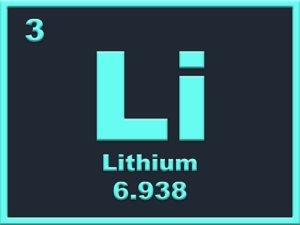Commercial Applications
- Battery precursor production
- Electric vehicle batteries
- Portable electronics batteries
- Energy storage solutions
- Renewable energy systems
Benefits
- Lower energy requirements
- Decreased chemical usage
- Production of high purity lithium
- Environmentally friendly approach
- Potential cost reductions
Background
Lithium extraction is critical for battery production, with rising demand due to the proliferation of electronic devices and electric vehicles. Conventional lithium extraction methods are energy-intensive and environmentally taxing, necessitating the development of more sustainable and efficient alternatives.
Technology Description
Scientists at Berkeley Lab have developed a technology that allows for the extraction of lithium from alpha spodumene at temperatures of about 600 C to 800 C. The technology distinguishes itself by reducing the overall energy consumption and chemical input required for lithium extraction. Unlike conventional methods that require heating up to 1000 C to transition alpha spodumene to its beta form before acid leaching, this novel approach is more energy-efficient and chemically economical since it directly processes the alpha form. In addition, it replaces the sulfuric acid or soda ash used for leaching in current processes with inexpensive and abundant reactants. The production of lithium carbonate as a battery precursor demonstrates the commercial applicability of this process.
Development Stage
Proven principle
Status
Patent pending. Available for licensing or collaborative research
Principal Investigator
Michael Whittaker
